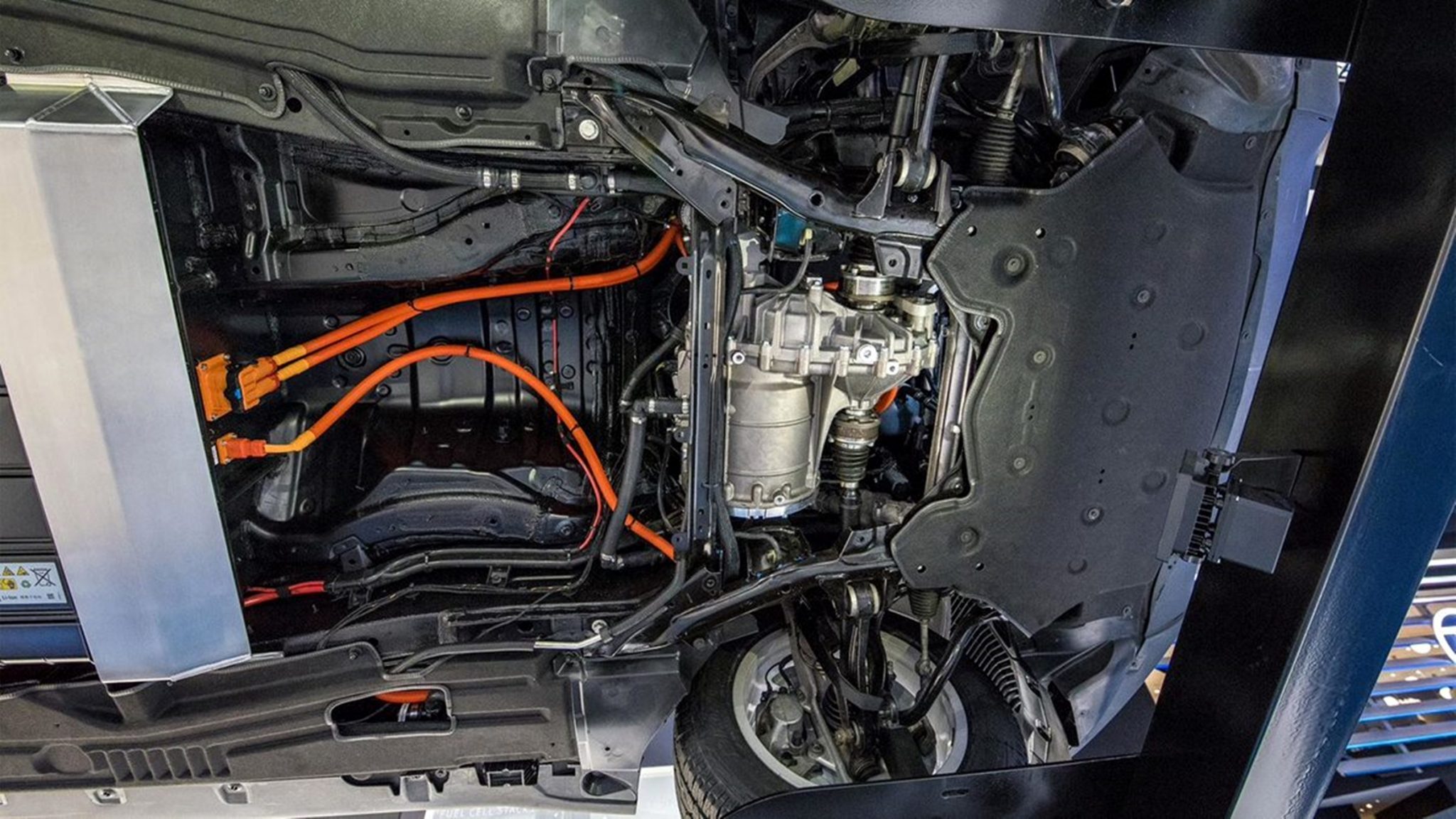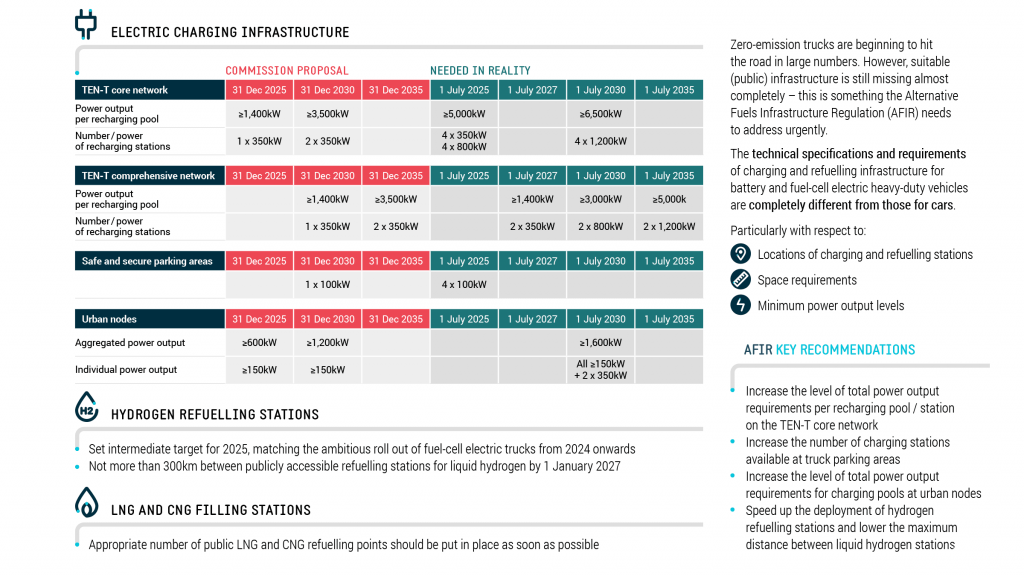EU’s ambitious Batteries Regulation must be backed up by credible enabling conditions

The EU Batteries Regulation – adopted by the Council this week – is set to have far-reaching implications for the European battery value chain. ACEA calls on law makers to back up the regulation’s ambitious provisions and lead times with credible enabling conditions, including secure and reliable raw materials access.
The EU Batteries Regulation’s final text improves the European Commission’s original proposal, but law makers will still have to define many of its provisions in secondary legislation.
It is difficult to fully assess the impact of the regulation on auto makers at this stage. However, the ambitious provisions and lead times proposed by the co-legislators will undoubtedly pose serious challenges for auto makers.
The Batteries Regulation is a critical element of the electric vehicle regulatory framework. Yet, policy makers must establish the right enabling conditions, including raw material access, to accelerate the market uptake of cleaner, greener, and more efficient vehicles.
If law makers are seeking to make European batteries the most sustainable in the world, they must equally ensure that EU industries have secure and reliable access to the raw materials they need to power the green transition.
If law makers are seeking to make European batteries the most sustainable in the world, they must equally ensure that EU industries have secure and reliable access to the raw materials they need to power the green transition.



